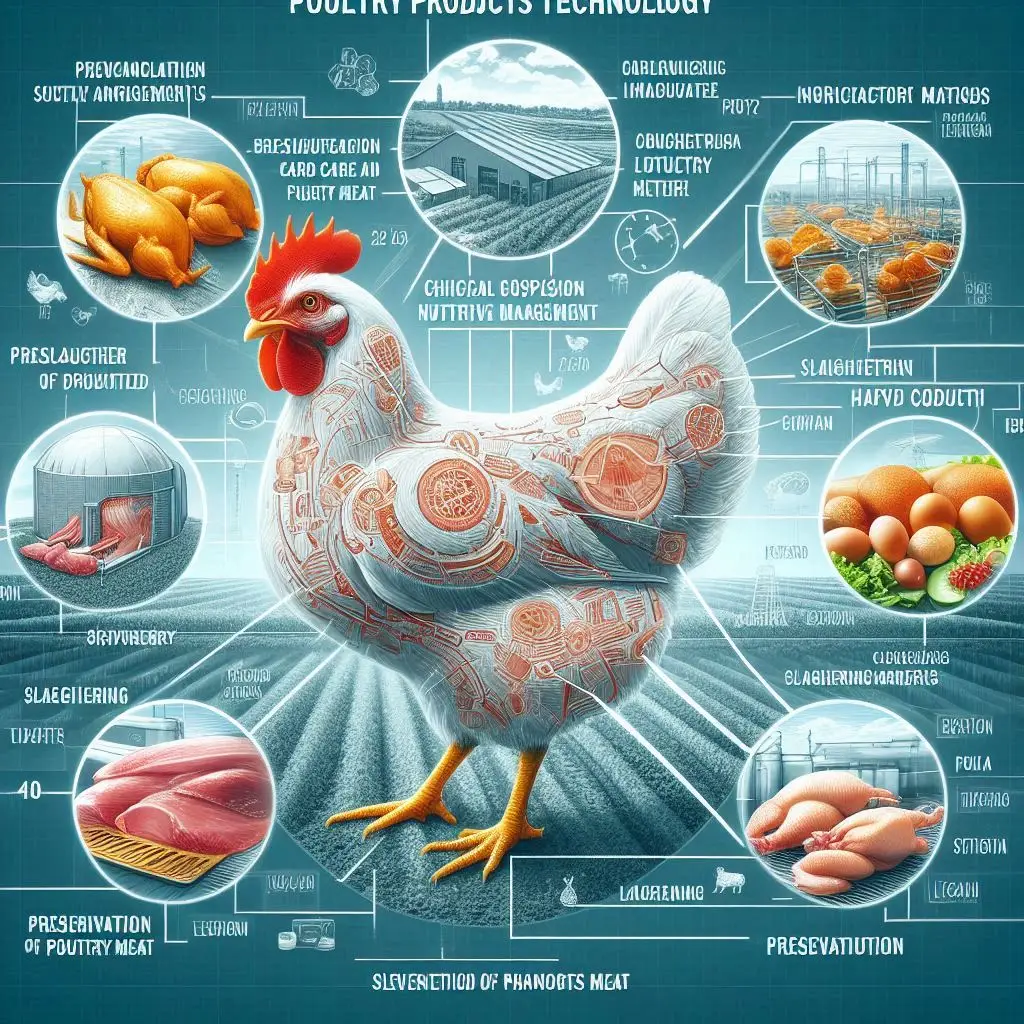Organ Products in Food and Pharmaceuticals

Introduction to Organ Products
Organ products, commonly referred to as organ meats or offal, have been a part of human diets for centuries. These nutrient-dense foods offer a wealth of benefits. In addition to their culinary uses, animal by-products play a significant role in the pharmaceutical industry. This article explores the nutritional value of organ meats, their culinary applications, and their importance in pharmaceuticals.
The Nutritional Benefits of Organ Meats
Rich Source of Vitamins and Minerals
Organ meats are incredibly rich in essential vitamins and minerals. For instance, liver is a powerhouse of nutrients. It contains high levels of vitamin A, vitamin B12, iron, and copper. These nutrients are crucial for maintaining good health.
- Vitamin A: Supports vision and immune function.
- Vitamin B12: Essential for red blood cell formation and neurological function.
- Iron: Vital for oxygen transport in the blood.
- Copper: Plays a role in iron metabolism and the formation of connective tissue.
High-Quality Protein
Organ meats provide high-quality protein, which is essential for muscle growth and repair. For example, heart meat is lean and packed with protein. It can be an excellent addition to a balanced diet, especially for those looking to increase their protein intake.
Healthy Fats
While some organ meats contain higher fat content, they often provide beneficial fats. For instance, the fat in beef heart is rich in omega-3 fatty acids, which are known for their anti-inflammatory properties. Including these meats in moderation can contribute to a healthy diet.
Culinary Uses of Organ Meats
Popular Organ Meats
Several types of organ meats are popular in various cuisines around the world. Here are some of the most commonly used organ meats:
- Liver: Often prepared as pâté, fried, or grilled. It pairs well with onions and spices.
- Heart: Can be grilled, sautéed, or used in stews. It has a rich flavor that complements many dishes.
- Kidneys: Commonly used in pies or stews. They have a unique texture and taste.
- Tongue: Slow-cooked or braised, tongue is tender and flavorful. It can be used in tacos or sandwiches.
- Tripe: Often found in soups and stews, tripe has a chewy texture that absorbs flavors well.
Cooking Techniques
When preparing organ meats, it’s essential to use proper cooking techniques. Here are some effective methods:
- Sautéing: Quickly cooks organ meats while retaining moisture. This method works well for liver and heart.
- Grilling: Adds a smoky flavor to meats. Heart and tongue can be delicious when grilled.
- Slow Cooking: Ideal for tougher cuts like kidneys and tripe. This method makes them tender and flavorful.
Recipes to Try
If you’re interested in incorporating organ meats into your diet, consider trying these recipes:
- Liver Pâté: Blend cooked liver with butter, onions, and spices for a smooth spread.
- Grilled Heart Skewers: Marinate heart slices in herbs and grill for a tasty dish.
- Beef Tongue Tacos: Slow-cook tongue until tender, slice it thin, and serve in tortillas with fresh toppings.
The Role of Animal By-Products in Pharmaceuticals
Overview of Animal By-Products
Animal by-products are derived from various animal sources. They serve many purposes in the pharmaceutical industry. Some common animal by-products include:
- Insulin: Extracted from the pancreas of cattle and pigs, insulin is crucial for diabetes management.
- Hormones: Used in hormone replacement therapies, these products help regulate various bodily functions.
- Gelatin: Sourced from animal skin and bones, gelatin is used as a binder and stabilizer in many medications.
Benefits of Animal By-Products
Animal by-products offer several advantages in pharmaceuticals:
- Efficacy: Many animal-derived medications have proven effective over decades.
- Bioavailability: Animal products often have higher bioavailability, meaning they are easily absorbed by the body.
- Cost-Effectiveness: Using animal by-products can reduce production costs for certain medications.
Ethical Considerations
The use of animal by-products in pharmaceuticals raises ethical concerns for some individuals. These concerns may stem from religious beliefs, animal welfare issues, or environmental considerations. As a result, many pharmaceutical companies are exploring alternatives, such as synthetic or plant-based options.
Health Implications of Consuming Organ Meats
Nutritional Considerations
While organ meats are nutrient-dense, they should be consumed in moderation. High levels of certain nutrients, like vitamin A, can be toxic in excessive amounts. It’s essential to balance organ meat consumption with other food groups to maintain overall health.
Potential Risks
Some organ meats can carry risks if not prepared correctly. For example, liver can accumulate toxins if sourced from unhealthy animals. Always ensure that organ meats come from reputable sources. Cooking organ meats thoroughly can also reduce the risk of foodborne illnesses.
Conclusion
Organ products, both in food and pharmaceuticals, offer a wealth of benefits. They are nutrient-dense and provide essential vitamins and minerals. In the culinary world, organ meats can be delicious and versatile. Meanwhile, animal by-products play a critical role in the pharmaceutical industry, providing effective treatments for various conditions.
For more pearls of Vets Wisdom:
https://wiseias.com/partitioning-of-food-energy-within-animals/






Responses